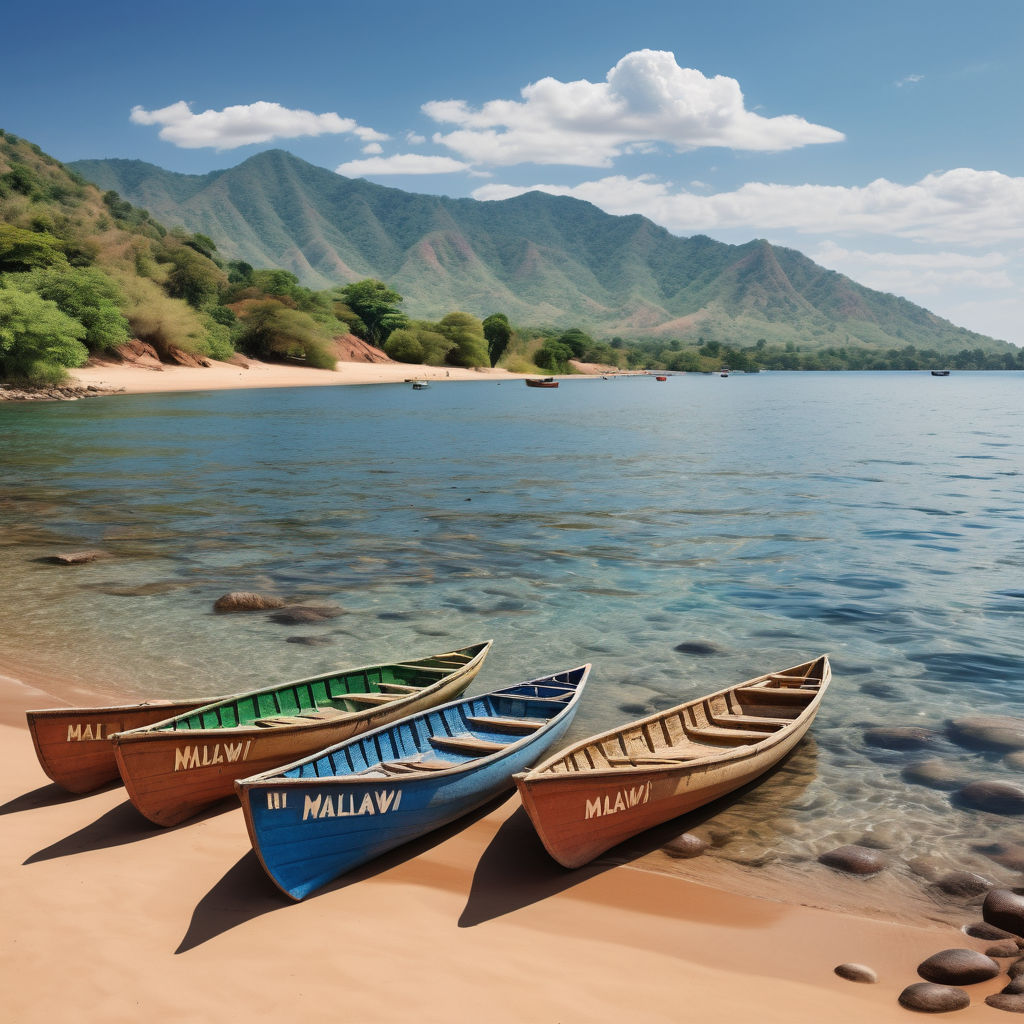Introduction to Malawi: The Warm Heart of Africa
Discover Malawi's Rich Cultural Heritage and Cross-Cultural Engagement

Introduction to Malawi
Malawi, known as the "Warm Heart of Africa," is a landlocked country in southeastern Africa, bordered by Zambia to the northwest, Tanzania to the northeast, and Mozambique on the east, south, and west. The country's geography is dominated by the Great Rift Valley and Lake Malawi, one of the largest and most beautiful lakes in the world. The capital city, Lilongwe, is a bustling urban center, while Blantyre serves as the commercial hub. Mzuzu, in the northern region, is another major city known for its vibrant markets and lush surroundings. Malawi boasts a rich cultural heritage, deeply rooted in its ethnic diversity, traditional music, dance, and arts.
Cross-national and Cross-cultural Understanding
Malawians are known for their warm hospitality and friendliness, which extends to their perception and engagement with other cultures. This openness is reflected in various cultural exchanges, educational programs, and international partnerships that promote cross-cultural understanding. Cultural exchanges are a significant aspect of Malawian society. Events like the Lake of Stars Festival and the Blantyre Arts Festival attract international artists and audiences, fostering a spirit of global cultural exchange. These festivals showcase Malawian music, dance, and arts while providing a platform for international performers, thereby promoting mutual cultural appreciation. Educational programs in Malawi also emphasize the importance of cross-cultural understanding. Institutions like the University of Malawi and Mzuzu University collaborate with foreign universities, facilitating student and faculty exchanges. These programs allow Malawian students to study abroad and bring back diverse perspectives that enrich the local educational environment. Additionally, international students and faculty members in Malawian institutions contribute to a multicultural academic community.
Interactions and Social Dynamics
Interactions between Malawians and foreigners are typically characterized by respect, politeness, and a genuine interest in learning about different cultures. Social behaviors in Malawi reflect a blend of traditional customs and contemporary influences, with an emphasis on communal living and respect for elders. Communication styles in Malawi are generally informal and friendly, with an emphasis on building personal relationships. Chichewa is the national language, widely spoken alongside English, which is the official language used in government and business. This multilingualism facilitates interactions with foreigners, making it easier for them to integrate into Malawian society. Cultural norms in Malawi emphasize respect for others, community support, and hospitality. These values create a welcoming environment for foreigners, who often find Malawians eager to share their culture and learn about others. Public displays of affection are generally modest, reflecting traditional values, but social gatherings and communal activities are vibrant and inclusive.
Views on Dating and Relationships
Malawians generally have open and accepting attitudes towards dating and relationships with foreigners, though these views are influenced by cultural and traditional norms. There is a recognition of the opportunities for cultural exchange and personal growth that such relationships can bring. However, traditional customs and values play a significant role in shaping these views. Family involvement is significant in relationships in Malawi, with elders often playing a crucial role in the approval process. Traditional customs emphasize respect, patience, and the gradual building of trust in relationships. While modern dating practices influenced by global trends are becoming more common among younger generations, traditional values still hold sway in many communities.
Marriage and Family
Marrying a foreigner in Malawi involves navigating both legal and social considerations. Legally, the country has clear regulations governing marriage, including residency requirements and the need for proper documentation. Socially, cross-cultural marriages are generally accepted, though couples may face challenges related to cultural differences and integration. Familial acceptance is a key factor in cross-cultural marriages. Malawian families can be protective, and gaining their approval is often essential for the relationship's success. However, the diverse cultural landscape of Malawi means that many families are already familiar with and accepting of different cultural backgrounds, which can facilitate smoother integration for foreign spouses. Trends in cross-cultural marriages reflect Malawi’s open and inclusive society. Many Malawians who travel abroad for education or work form relationships with individuals from various cultures, bringing back diverse customs and traditions that enrich the local community.